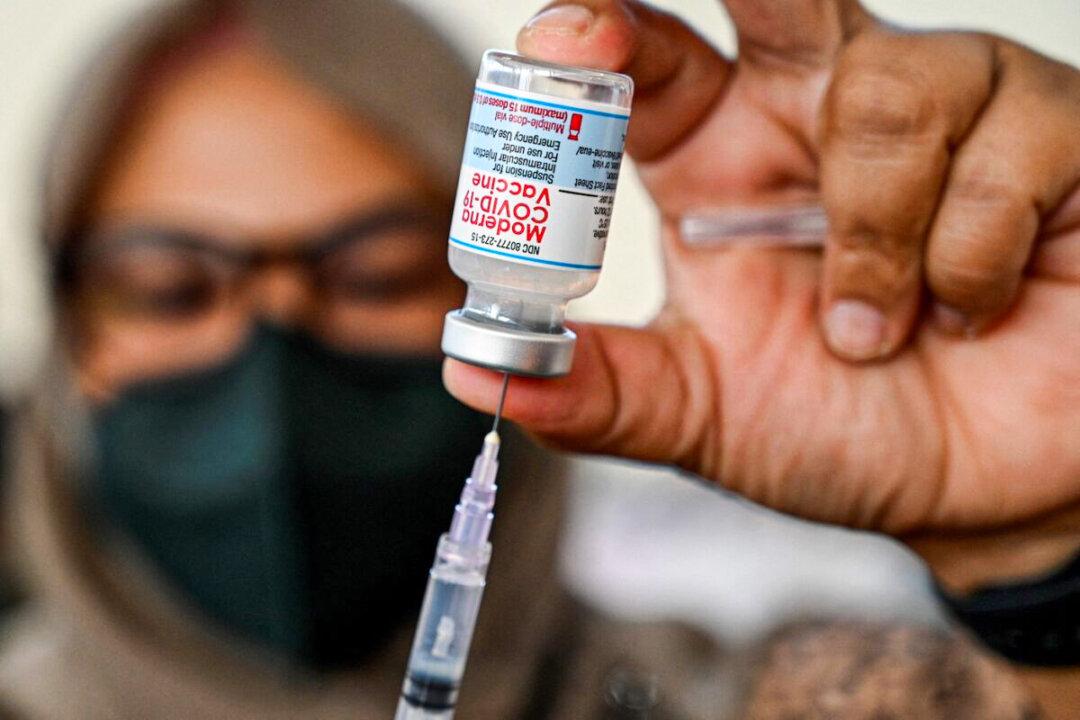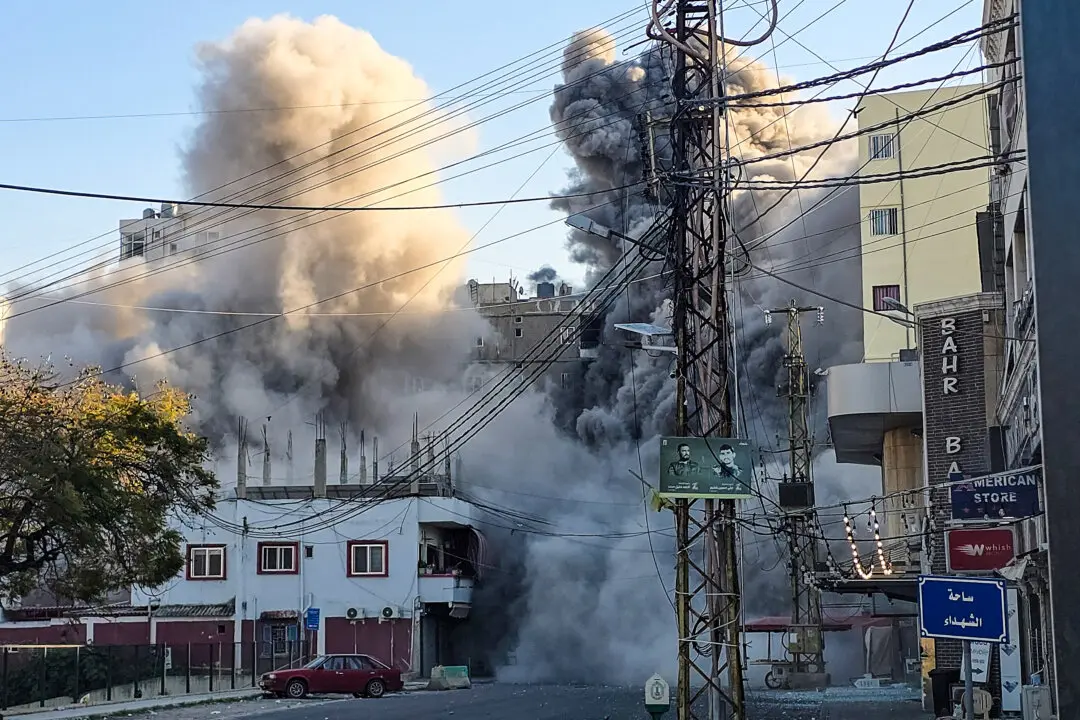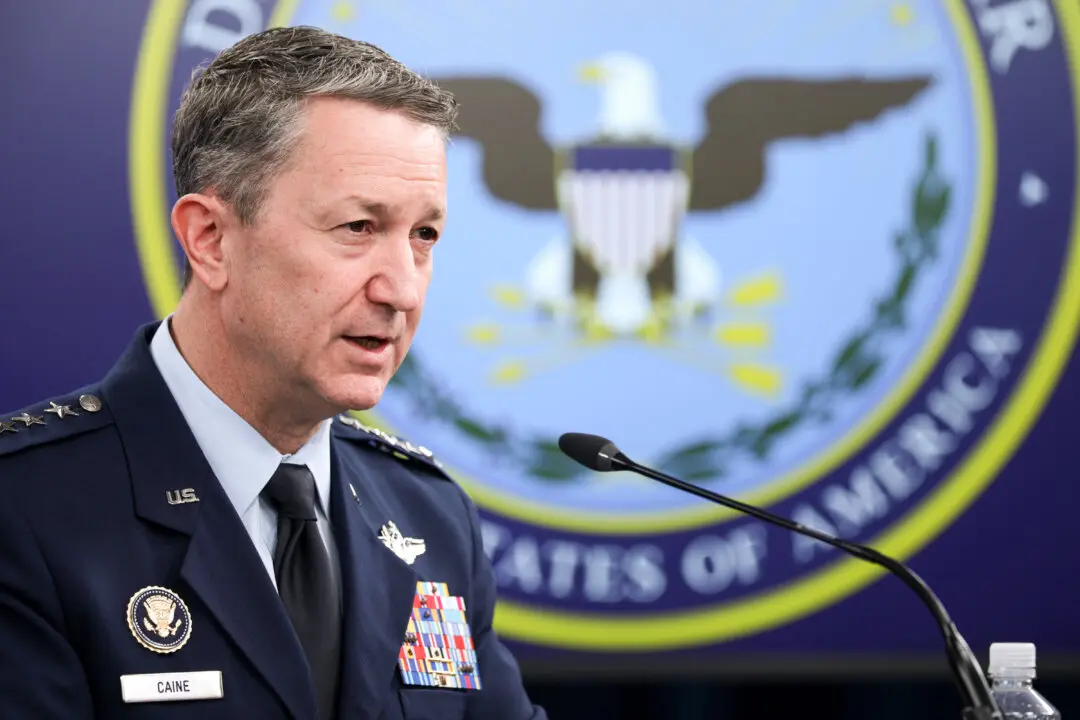A Centers for Disease Control and Prevention (CDC) study of hospitalized veterans showed their antibody response dropped four months after receiving either of the two mRNA COVID-19 vaccines.
Published Thursday, the CDC-backed study found that both the Pfizer and Moderna vaccines were effective at preventing hospitalization for veterans four months after they got their second dose, although their COVID-19 antibody levels dropped. Among those who received the Moderna vaccine, scientists recorded “slightly higher” COVID-19 antibody levels than those who received the Pfizer shot.





